PSG's Ligue 1 Victory: Luis Enrique's Impact On The French Giants
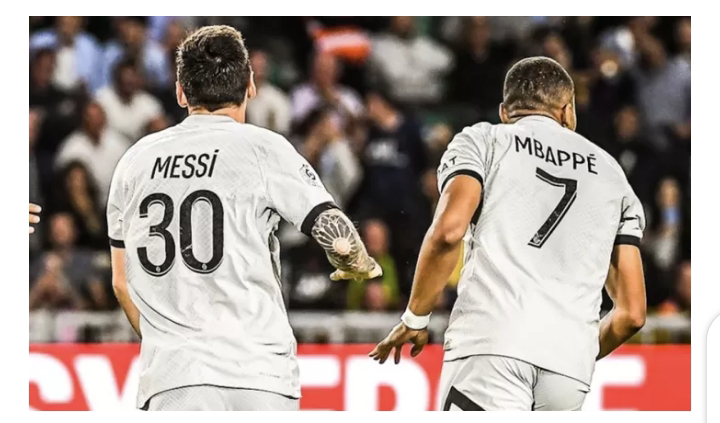
Table of Contents
Tactical Shift and Formation Changes
Luis Enrique's arrival marked a clear departure from the often-reactive strategies employed by previous PSG managers. His philosophy, rooted in possession-based football and high-intensity pressing, contrasted sharply with previous approaches. While previous managers sometimes opted for more direct styles, Enrique favored a more intricate, possession-dominant game, often employing a 4-3-3 or a 3-4-3 formation, depending on the opponent and match situation.
- Increased emphasis on possession-based football: Enrique instilled a "tiki-taka" style, prioritizing short, precise passes to control the tempo and maintain possession, a stark contrast to some of the more direct approaches seen in previous seasons.
- Higher pressing intensity throughout the pitch: PSG under Enrique pressed higher up the pitch, forcing turnovers earlier and disrupting the opposition's build-up play. This "pressing triggers" approach was meticulously planned, targeting specific players and spaces.
- Strategic utilization of full-backs in attacking play: The full-backs were integral to Enrique's attacking strategy, providing width and overlapping runs to create overloads and stretch the opposition's defense. This tactical approach made PSG's flanks far more dangerous.
- Adaptability in formations based on opponent strategy: Enrique demonstrated a shrewd ability to adapt his formations and tactics based on the strengths and weaknesses of the opposition, showcasing a tactical flexibility that was key to PSG's success.
These tactical changes resulted in significantly improved team cohesion. The players displayed a better understanding of their roles within the system, leading to a more fluid and efficient attacking game, evidenced by increased goals and reduced turnovers in dangerous areas. Matches against Lyon and Marseille, where PSG successfully implemented their positional play strategy, serve as prime examples.
Player Development and Individual Performances
Enrique's coaching had a profound impact on several key players, boosting their individual statistics and overall contributions to the team. His "player empowerment" approach fostered a sense of responsibility and trust within the squad.
- Kylian Mbappé's improved link-up play and goal contributions: While always a prolific scorer, Mbappé showcased improved link-up play under Enrique, becoming more involved in build-up and creating opportunities for teammates.
- Neymar's increased defensive responsibilities and overall contribution: Enrique integrated Neymar more effectively into the team's defensive structure, demanding increased defensive contributions. This led to improved work-rate and tactical awareness.
- Enhanced performance from midfielders through tactical adjustments: The midfielders benefited greatly from Enrique's tactical adjustments, showcasing improved passing accuracy and positional discipline, leading to a more controlled flow of play.
- Improved defensive solidity under Enrique's system: The team's defensive solidity improved markedly under Enrique's system, significantly reducing goals conceded. This tactical improvement speaks volumes about his overall management style and strategic thinking.
The statistics speak for themselves: Mbappé's assists increased significantly, Neymar's tackles improved, and the team's overall defensive record improved dramatically. These improvements demonstrate the "performance enhancement" achieved under Enrique's guidance.
Impact on Team Dynamics and Chemistry
Enrique's impact extended beyond tactical adjustments; he fostered a noticeably positive team environment. His leadership style emphasized collaboration and accountability.
- Improved communication and collaboration on and off the pitch: Players reported a significant improvement in communication and cooperation, both on and off the pitch, leading to a stronger sense of collective responsibility.
- Stronger team spirit and camaraderie: The team demonstrated improved "team spirit" and camaraderie, evident in their on-field performances and celebrations.
- Increased accountability among players: Enrique instilled a culture of accountability, ensuring that all players were held to high standards, both in training and matches.
- A more disciplined and focused approach to training and matches: Training sessions became more disciplined and focused, resulting in improved player fitness and tactical understanding.
Observations from post-match interviews and news reports indicated a marked shift in team morale and player interactions, highlighting the positive impact of Enrique's leadership style and focus on “squad harmony.”
Addressing Previous Weaknesses and Overcoming Challenges
Enrique successfully identified and addressed several long-standing weaknesses within the PSG squad, showcasing his “strategic adaptability” and “tactical solutions” for a variety of situations.
- Improved defensive solidity and reduced goals conceded: The improved defensive solidity was a direct result of Enrique's tactical adjustments and player instructions.
- Enhanced ability to handle high-pressure situations: PSG demonstrated a greater capacity to manage high-pressure games, showcasing improved composure and tactical intelligence.
- Effective tactical adaptations to different opponents: Enrique's ability to tailor his tactics to specific opponents was crucial in overcoming challenges.
- Overcoming key injuries within the squad: Enrique managed to navigate several key injuries within the squad, deploying effective replacements and adjusting his tactics to mitigate the loss of key players. His “crisis management” skills proved invaluable.
Conclusion:
Luis Enrique's impact on PSG's Ligue 1 victory is undeniable. His tactical innovations, player development strategies, and focus on team dynamics all contributed to a highly successful season. By implementing a possession-based style, fostering improved player relationships, and addressing previous weaknesses, Enrique transformed PSG into a more cohesive and effective unit. The "Luis Enrique PSG" era has begun impressively, and fans eagerly anticipate further success in future seasons. Want to delve deeper into the tactical genius behind PSG’s success? Keep exploring the impact of Luis Enrique on PSG and the future of the French giants!

Featured Posts
-
 Regulatory Scrutiny Of Bond Forwards Impact On Indian Insurers
May 10, 2025
Regulatory Scrutiny Of Bond Forwards Impact On Indian Insurers
May 10, 2025 -
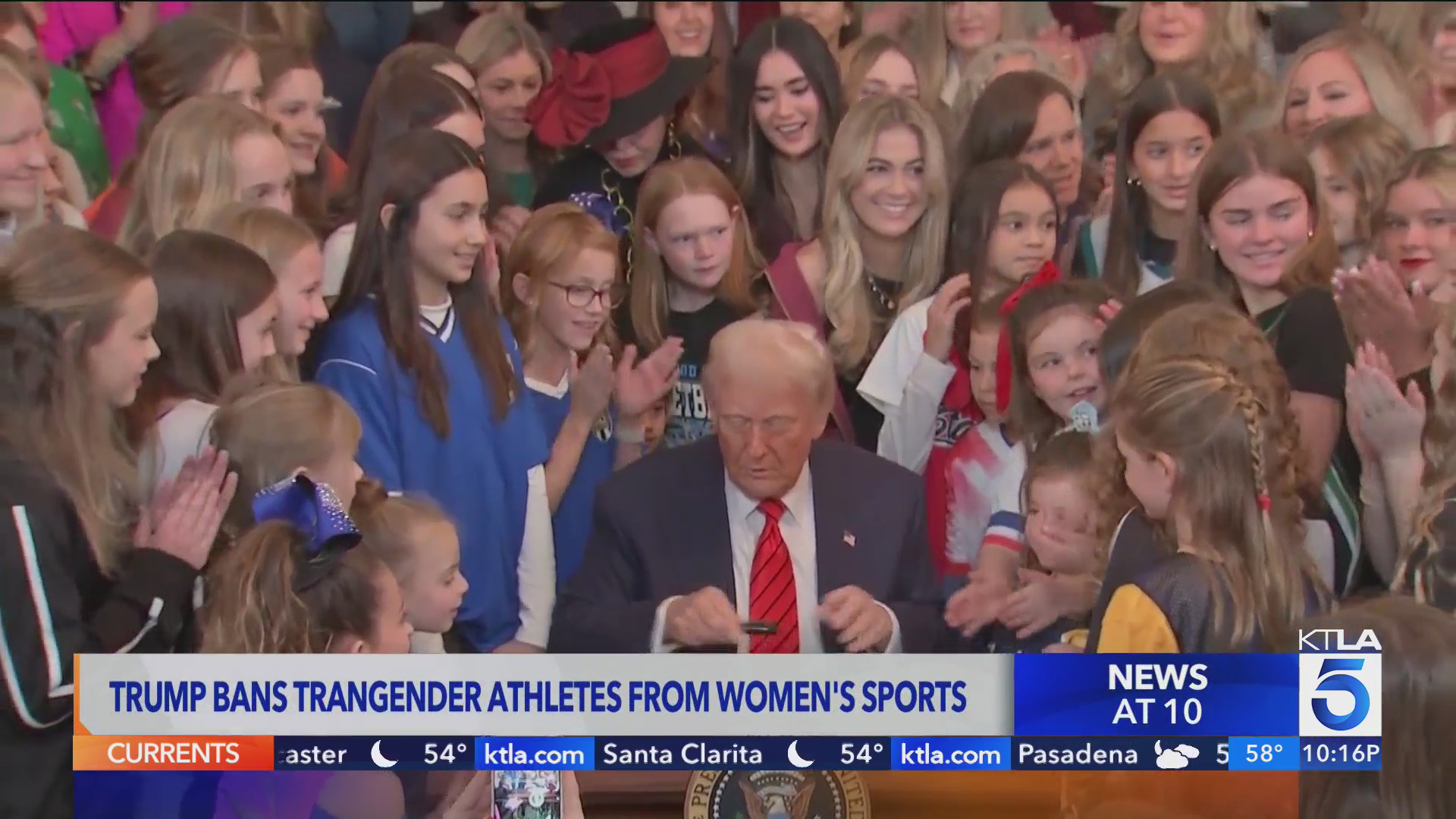 Ihsaa Bans Transgender Athletes Following Trump Administration Order
May 10, 2025
Ihsaa Bans Transgender Athletes Following Trump Administration Order
May 10, 2025 -
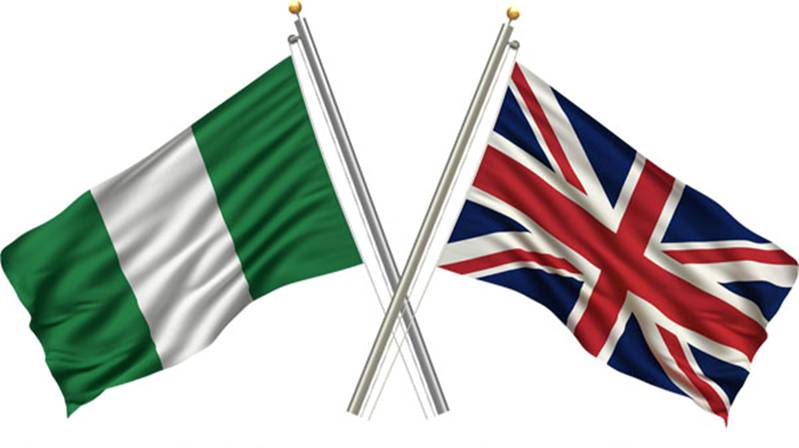 Nigeria Pakistan Face Uk Visa Application Changes
May 10, 2025
Nigeria Pakistan Face Uk Visa Application Changes
May 10, 2025 -
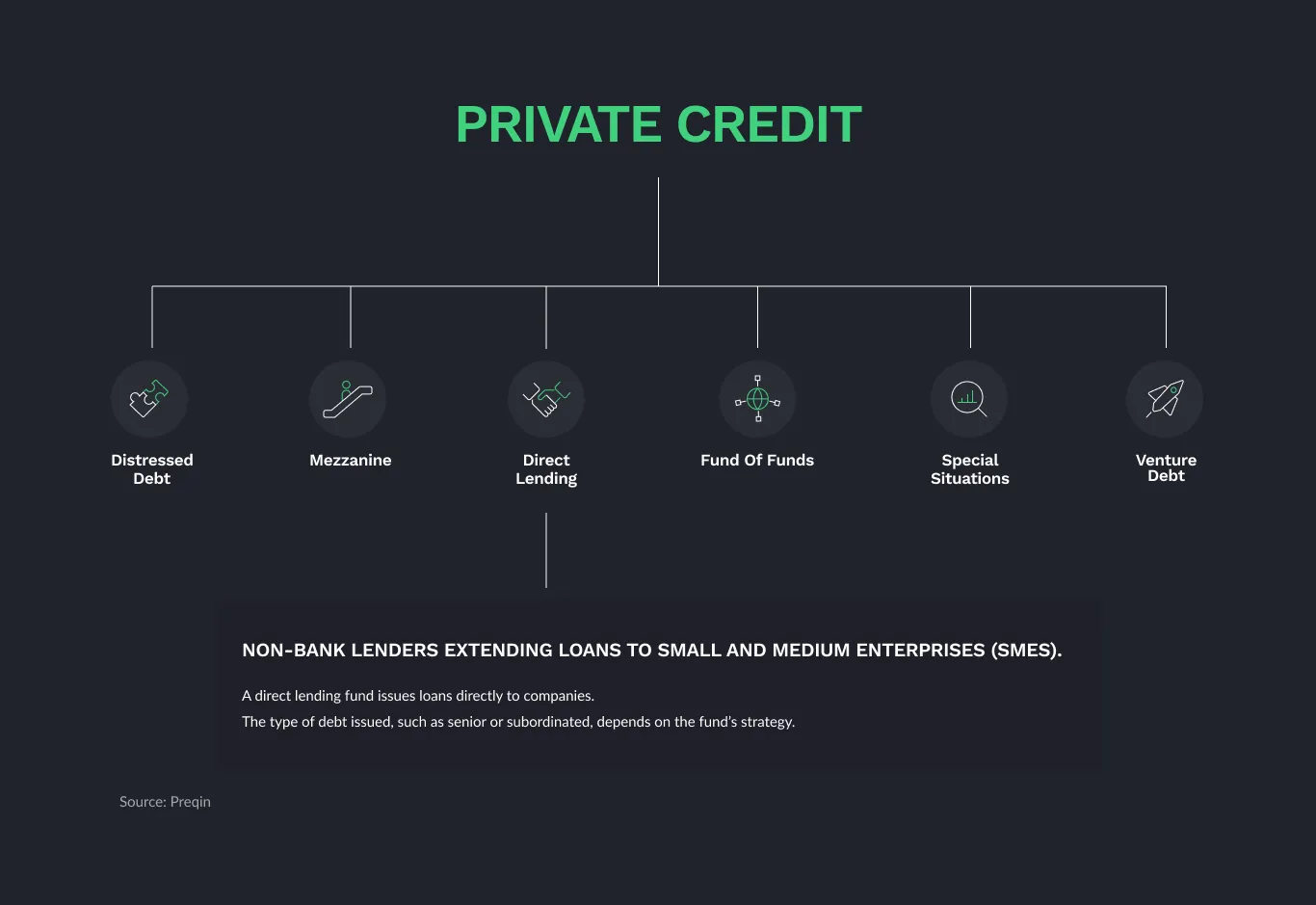 5 Key Dos And Don Ts To Succeed In The Private Credit Market
May 10, 2025
5 Key Dos And Don Ts To Succeed In The Private Credit Market
May 10, 2025 -
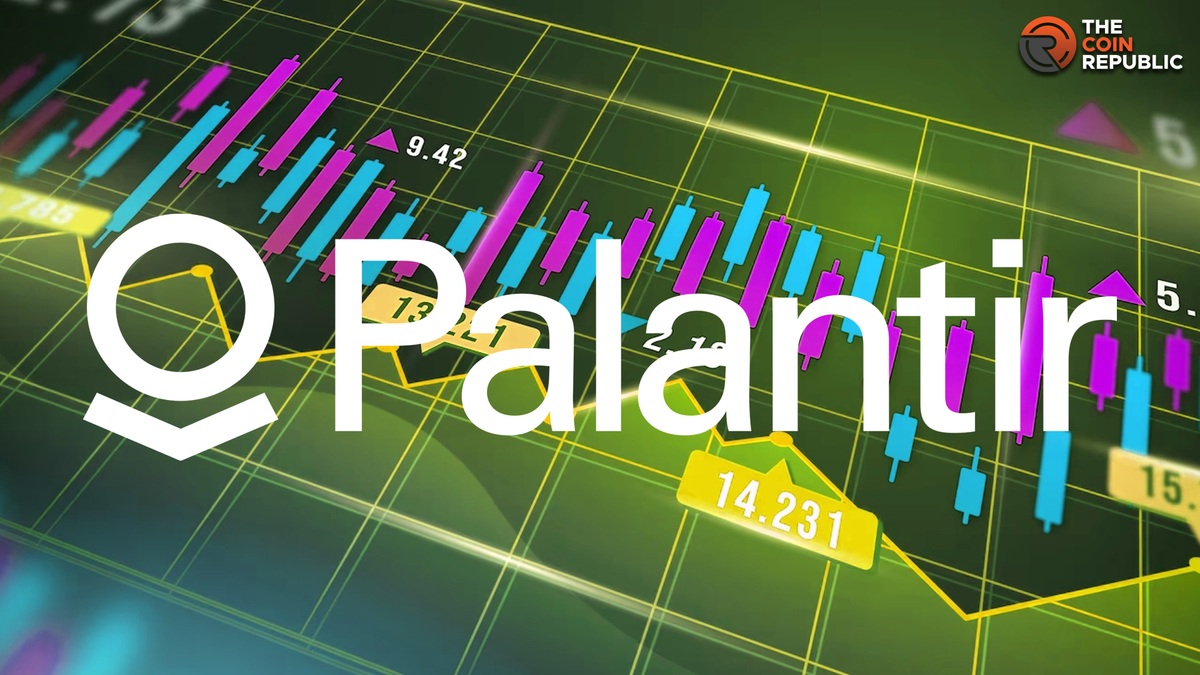 Predicting The Future 2 Stocks Projected To Exceed Palantirs Market Cap In 3 Years
May 10, 2025
Predicting The Future 2 Stocks Projected To Exceed Palantirs Market Cap In 3 Years
May 10, 2025
